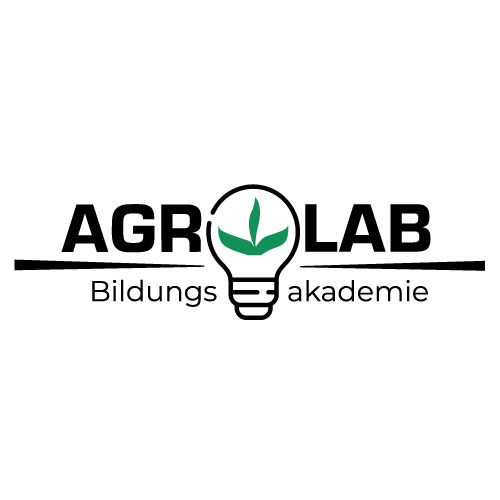AGROLAB Umwelt - Kiel - Germany
- CE Bild links, Text rechts: Content (01):
Starting with growth opportunities
The Training Academy welcomes everyone who wishes to begin their career at AGROLAB — regardless of prior experience or qualifications. Especially for lateral entrants, we offer new qualification pathways to ease entry into our laboratory world. You are not left on your own; you are specifically prepared for your tasks. This turns a new beginning into a genuine career perspective.
- CE Bild links, Text rechts: Bild (01):

- CE Bild rechts, Text links: Content (02):
Continuing education for practical application
Professionals need up-to-date knowledge. Our customised continuing education formats support the deepening of expertise and specialisation in technical subjects. We rely on practice-oriented content that can be applied directly in everyday work — efficient and effective.
- CE Bild rechts, Text links: Bild (02):

- CE Bild links, Text rechts: Content (03):
Developing leadership
Leadership can be learnt. That is why we offer formats such as AGROLAB Leadership Mentoring (ALM). This programme supports emerging leaders on their path to roles such as laboratory or department head. It not only transfers knowledge but also creates space for peer exchange and personal growth. We also prepare new leaders — such as team supervisors — with targeted qualification programmes.
- CE Bild links, Text rechts: Bild (03):

- CE Bild rechts, Text links: Content (04):
Learning at your own pace
Through our digital learning platform, AGROLAB Academy, we provide a central e-learning environment to all employees. Whether mandatory training, soft skills, or in-depth exploration of professional topics — the content is accessible at any time and across locations. Learning is thus flexibly integrated into the working day.
- CE Bild rechts, Text links: Bild (04):

- CE Bild links, Text rechts: Content (05):
Competencies for change
Today, interdisciplinary skills are just as crucial as technical expertise. That is why we offer internal training on:
- Collaboration
- Communication
- Process improvement
- Leadership behaviour
These form the foundation for successful teamwork — across all hierarchical levels.
- CE Bild links, Text rechts: Bild (05):

Laboratory service
We are only satisfied when you are! The relentless commitment to delivering reliable and timely results is what distinguishes AGROLAB's laboratories. Since its founding, AGROLAB has stood for excellent service in analysis.
-
Consultation and Support
Expert advisors, free additional services, and more. AGROLAB stands for excellent service.
Learn more -
Sampling
Fast, affordable, and professional sampling by AGROLAB - across all of Germany.
Learn more -
Sample Logistics
Materials for sampling and sample collection. Fast, easy, and available across Europe.
Learn more -
ALOORA Customer Portal
Our online portal simplifies and speeds up the processing of your analysis. Get informed now.
Learn more


 Contact
Contact

 Contact
Contact Career
Career